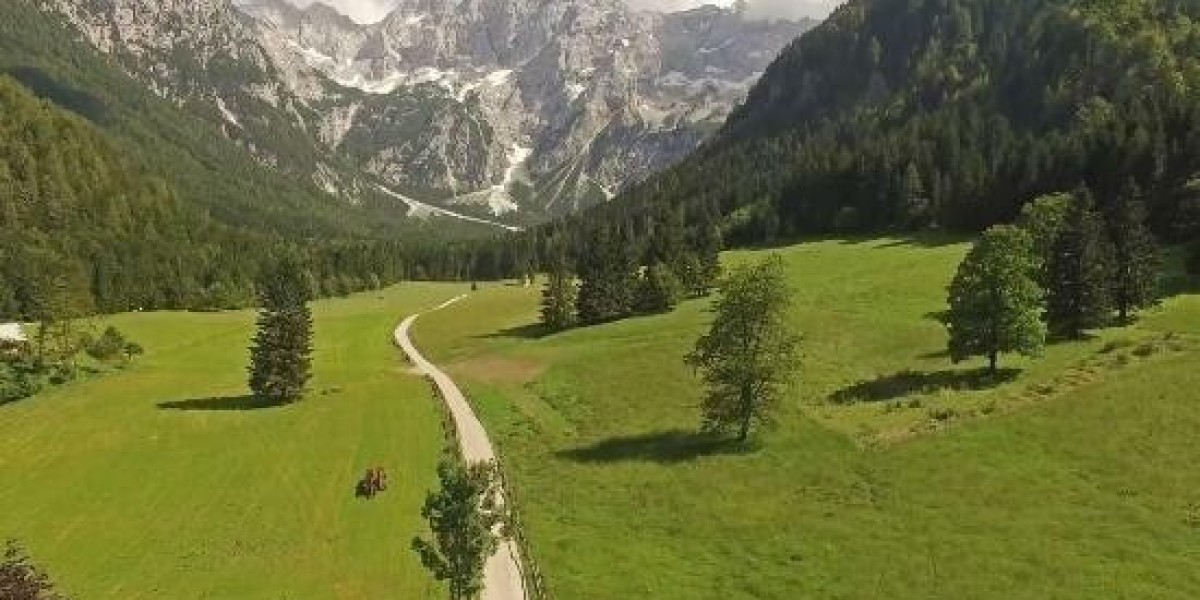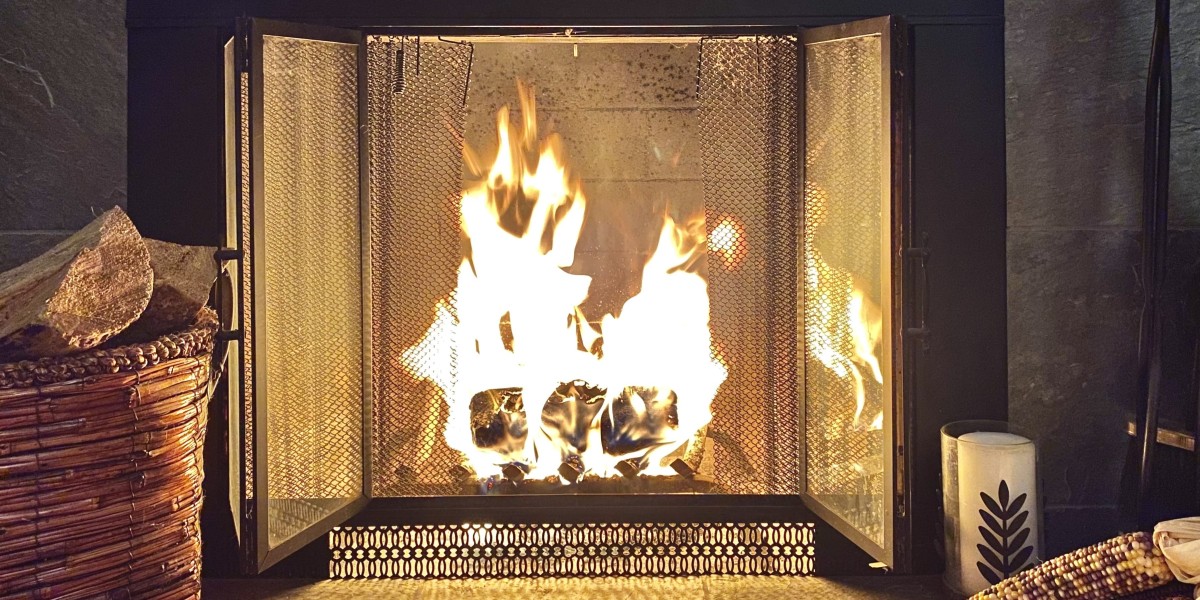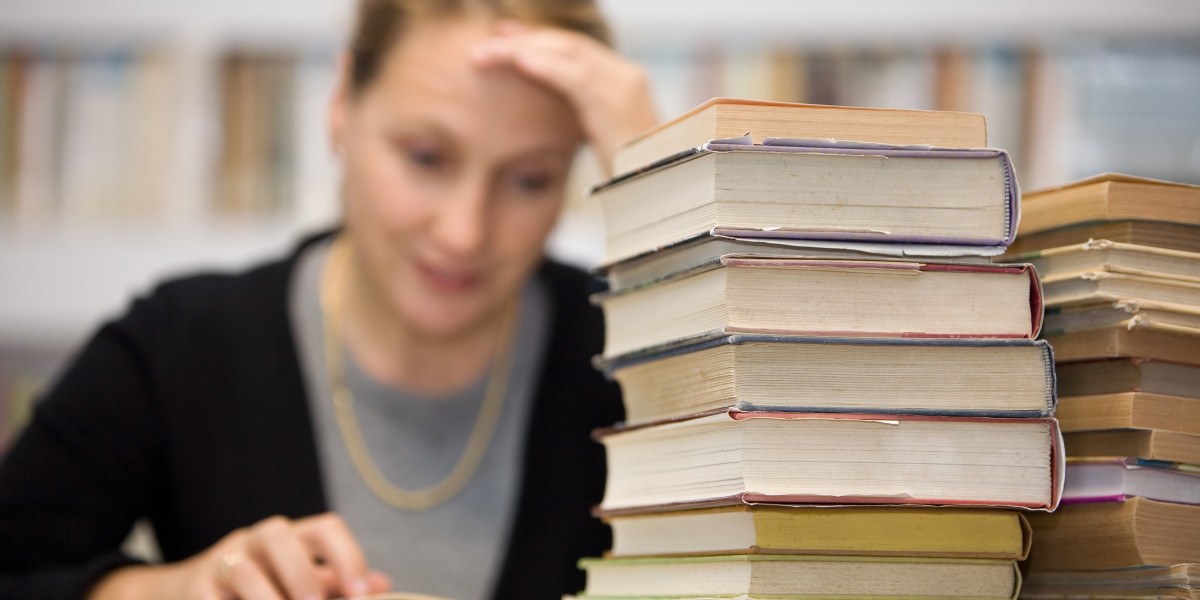
Indonesia firmly insists B40 biodiesel application to continue on Jan. 1
Industry participants seeking phase-in duration expect steady intro
Industry faces technical obstacles and expense issues
Government funding problems occur due to palm oil rate variation
JAKARTA, Dec 18 (Reuters) - Indonesia's plan to expand its biodiesel mandate from Jan. 1, which has actually sustained issues it could suppress global palm oil products, looks increasingly most likely to be carried out slowly, experts stated, as industry participants seek a phase-in duration.
Indonesia, the world's most significant manufacturer and exporter of palm oil, plans to raise the obligatory mix of palm oil in biodiesel to 40% - called B40 - from 35%, a policy that has actually triggered a jump in palm futures and may push prices even more in 2025.
While the federal government of President Prabowo Subianto has actually stated consistently the strategy is on track for full launch in the new year, market watchers say expenses and technical obstacles are most likely to lead to partial implementation before complete adoption throughout the sprawling island chain.
Indonesia's most significant fuel seller, state-owned Pertamina, said it needs to customize some of its fuel terminals to blend and keep B40, which will be finished throughout a "shift period after government develops the mandate", spokesperson Fadjar Djoko Santoso told Reuters, without providing information.
During a meeting with government authorities and biodiesel manufacturers recently, fuel retailers requested a two-month transition period, Ernest Gunawan, secretary general of biofuel manufacturers association APROBI, who was in participation, told Reuters.
Hiswana Migas, the fuel sellers' association, did not instantly react to a demand for remark.
Energy ministry senior official Eniya Listiani Dewi informed Reuters the required hike would not be carried out gradually, which biodiesel manufacturers are prepared to provide the greater mix.

"I have verified the readiness with all producers recently," she stated.
APROBI, whose members make fat methyl ester (FAME) from palm oil to be combined with diesel fuel, stated the federal government has not released allotments for manufacturers to offer to fuel merchants, which it typically has actually done by this time of the year.
"We can't perform without order documents, and purchase order documents are gotten after we get contracts with fuel companies," Gunawan informed Reuters. "Fuel companies can only sign contracts after the ministerial decree (on biodiesel allotments)."
The federal government prepares to assign 15.62 million kilolitres (4.13 billion gallons) of FAME for B40 in 2025, Eniya told Reuters, less than its initial estimate of 16 million kilolitres.
FUNDING CHALLENGES
For the federal government, funding the higher blend could also be a challenge as palm oil now costs around $400 per metric lot more than petroleum. Indonesia utilizes profits from palm oil export levies, managed by an agency called BPDPKS, to cover such spaces.
In November, BPDPKS approximated it required a 68% increase in aids to 47 trillion rupiah ($2.93 billion) next year and estimated levy collection at around 21 trillion rupiah, sustaining market speculation that a levy hike impends.
However, the palm oil market would object to a levy walking, said Tauhid Ahmad, a senior analyst with think-tank INDEF, as it would hurt the industry, consisting of palm smallholders.
"I think there will be a hold-up, due to the fact that if it is executed, the aid will increase. Where will (the money) originate from?" he said.
Nagaraj Meda, managing director of Transgraph Consulting, a product consultancy, said B40 execution would be challenging in 2025.
"The execution might be sluggish and progressive in 2025 and probably more hectic in 2026," he said.
Prabowo, who took workplace in October, campaigned on a platform to raise the required further to B50 or B60 to achieve energy self-sufficiency and cut $20 billion of yearly fuel imports. ($1 = 16,035.0000 rupiah) (Reporting by Bernadette Christina; Editing by Tony Munroe and Lincoln Feast.)









